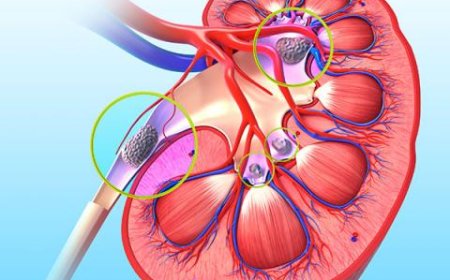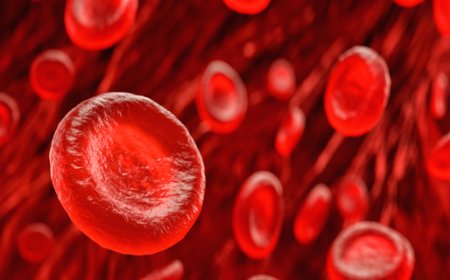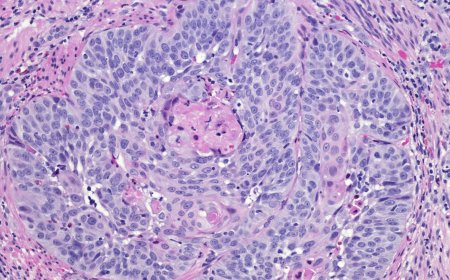Weight Loss Injections: A Modern Solution for Safe and Effective Fat Loss
Explore how FDA-approved weight loss injections like Semaglutide and Lipotropic shots can help reduce body fat, suppress appetite, and improve metabolic health, all under medical supervision.

Introduction
Obesity and excess weight are among the most pressing health challenges facing modern society. From heart disease and diabetes to joint problems and fatigue, carrying extra weight takes a toll on both body and mind. While diet and exercise remain the foundation of healthy living, sometimes theyre not enough. Thats where weight loss injections come in offering a modern, medical solution for safe and effective fat loss.
What Are Weight Loss Injections?
Weight loss injections are FDA-approved medications administered via injection to help reduce body weight by targeting key biological functions such as:
- Appetite suppression
- Slowing gastric emptying
- Improving insulin response
- Boosting metabolism
Unlike over-the-counter diet pills, these injections are prescribed by medical professionals and are part of a supervised weight loss plan that includes dietary guidance and lifestyle support.
Types of Weight Loss Injections
There are several types of weight loss injections used today, each with unique properties. The most popular include:
1. Semaglutide (Ozempic, Wegovy)
Originally developed to treat type 2 diabetes, Semaglutide has shown remarkable weight loss benefits in clinical trials. It mimics a natural hormone called GLP-1, which helps regulate appetite and blood sugar.
- Dosage: Once-weekly injection
- How it works: Reduces hunger and helps people feel full faster
- Results: Clinical studies show 1015% weight loss over time
- Brand Names: Ozempic (for diabetes), Wegovy (for weight loss)
2. Liraglutide (Saxenda)
Liraglutide is also a GLP-1 agonist, administered once daily.
- Dosage: Daily injection
- Approved for: Chronic weight management
- Results: Typically leads to 510% body weight reduction
- Who its for: Those with obesity or overweight and at least one weight-related condition
3. Lipotropic Injections (MIC/B12)
These injections contain a combination of nutrients and compounds that assist with fat metabolism. Common ingredients include:
- Methionine
- Inositol
- Choline
- Vitamin B12
- Frequency: Weekly or bi-weekly
- Benefits: Boosts liver function, energy, and metabolism
- Best for: Complementing lifestyle changes and promoting fat breakdown
How Do Weight Loss Injections Work?
Weight loss injections work by modifying key hormonal and metabolic pathways in the body.
- GLP-1 agonists like Semaglutide and Liraglutide signal the brain to reduce hunger, slow digestion, and improve blood sugar control.
- Lipotropic agents support fat breakdown and liver detoxification, helping the body use fat as fuel more efficiently.
- Appetite suppressants (in some injection combinations) help you reduce caloric intake without extreme cravings.
Together, these effects support a caloric deficit the key to safe and sustained weight loss.
Who Is a Candidate for Weight Loss Injections?
Weight loss injections are typically prescribed for individuals who meet one of the following criteria:
- BMI ? 30 (obesity)
- BMI ? 27 with weight-related conditions (e.g., type 2 diabetes, hypertension)
- Struggled to lose weight through diet and exercise alone
- Are committed to a medically supervised weight loss plan
Before starting injections, youll undergo an evaluation to determine your health status, goals, and any potential contraindications.
Benefits of Weight Loss Injections
1. Clinically Proven Results
GLP-1-based injections like Wegovy and Saxenda have been shown in studies to help people lose significant weight and keep it off.
2. Appetite Control
Reduced cravings and increased satiety help users eat less without feeling deprived.
3. Improved Metabolic Health
Weight loss injections often lead to better control of:
- Blood sugar levels
- Blood pressure
- Cholesterol
- Insulin resistance
4. Increased Energy and Mood
As weight comes off and blood sugar stabilizes, many people experience improved energy and reduced mental fog.
5. Non-Surgical Option
Unlike bariatric surgery, injections are non-invasive and reversible. They offer a practical option for those not ready for surgery.
Are Weight Loss Injections Safe?
Weight loss injections are FDA-approved and considered safe when used under medical supervision. However, they do carry potential side effects:
Common Side Effects:
- Nausea
- Vomiting
- Constipation or diarrhea
- Headache
- Injection site soreness
Rare Side Effects:
- Gallbladder issues
- Pancreatitis
- Low blood sugar (especially in diabetics)
- Thyroid tumors (rare, with certain medications)
Thats why its crucial to undergo regular follow-ups and report any unusual symptoms to your healthcare provider.
What to Expect During Treatment
Initial Consultation
Youll meet with a provider to discuss your goals, review your medical history, and choose the most appropriate injection.
Start of Injections
- Semaglutide and Liraglutide are typically started at a low dose and increased gradually to reduce side effects.
- Lipotropic shots may begin weekly or biweekly and are often combined with dietary guidance and exercise plans.
Ongoing Monitoring
Regular check-ins help monitor:
- Weight loss progress
- Side effects
- Blood pressure and blood sugar
- Changes in appetite or mood
The goal is not just to lose weight, but to do so safely, steadily, and sustainably.
Final Thoughts
Weight loss injections offer a breakthrough solution for individuals struggling to shed pounds with traditional methods. Backed by science and administered under medical supervision, they address hunger, metabolism, and long-term fat storage, giving people the tools they need to succeed in their weight loss journey.





































